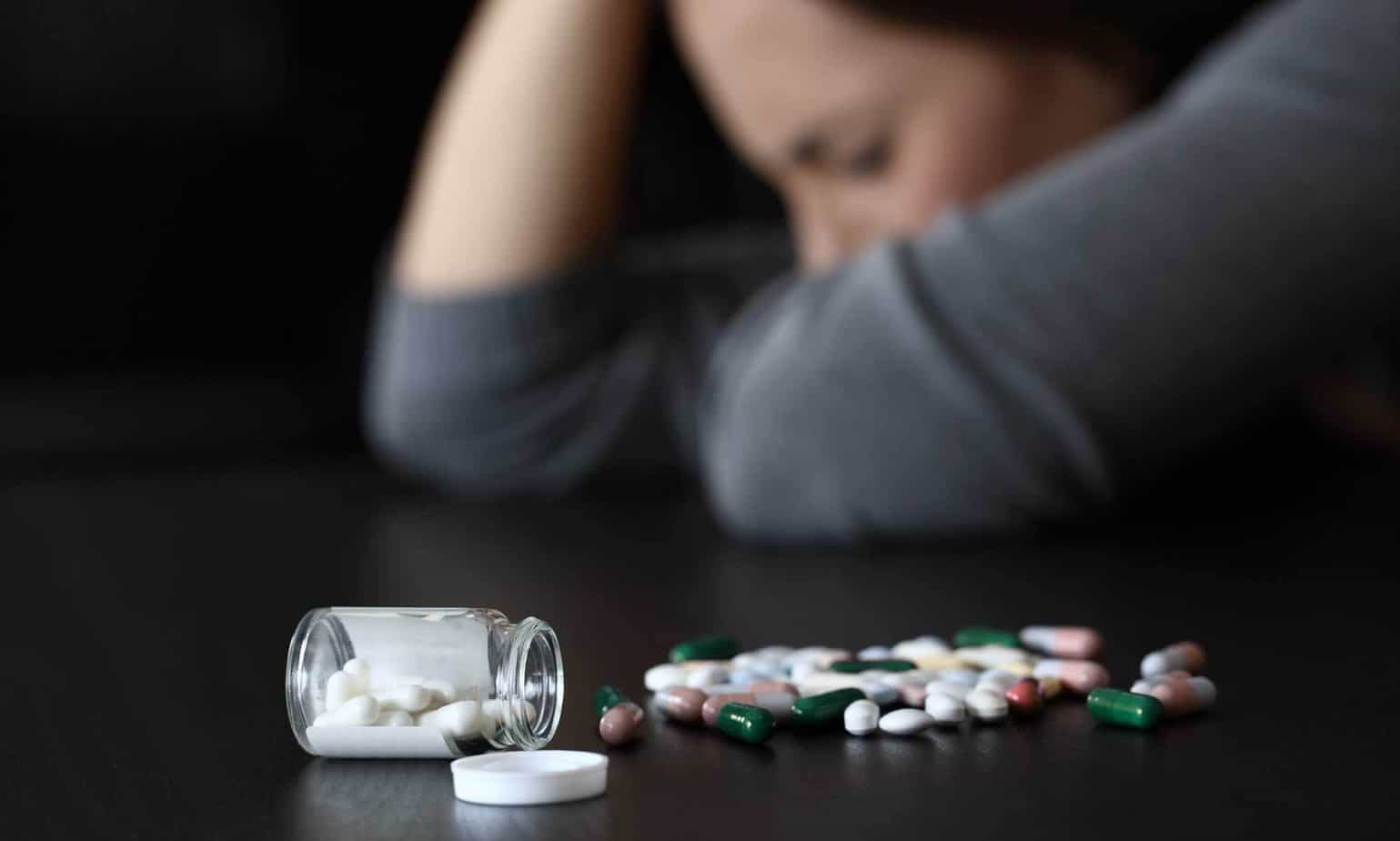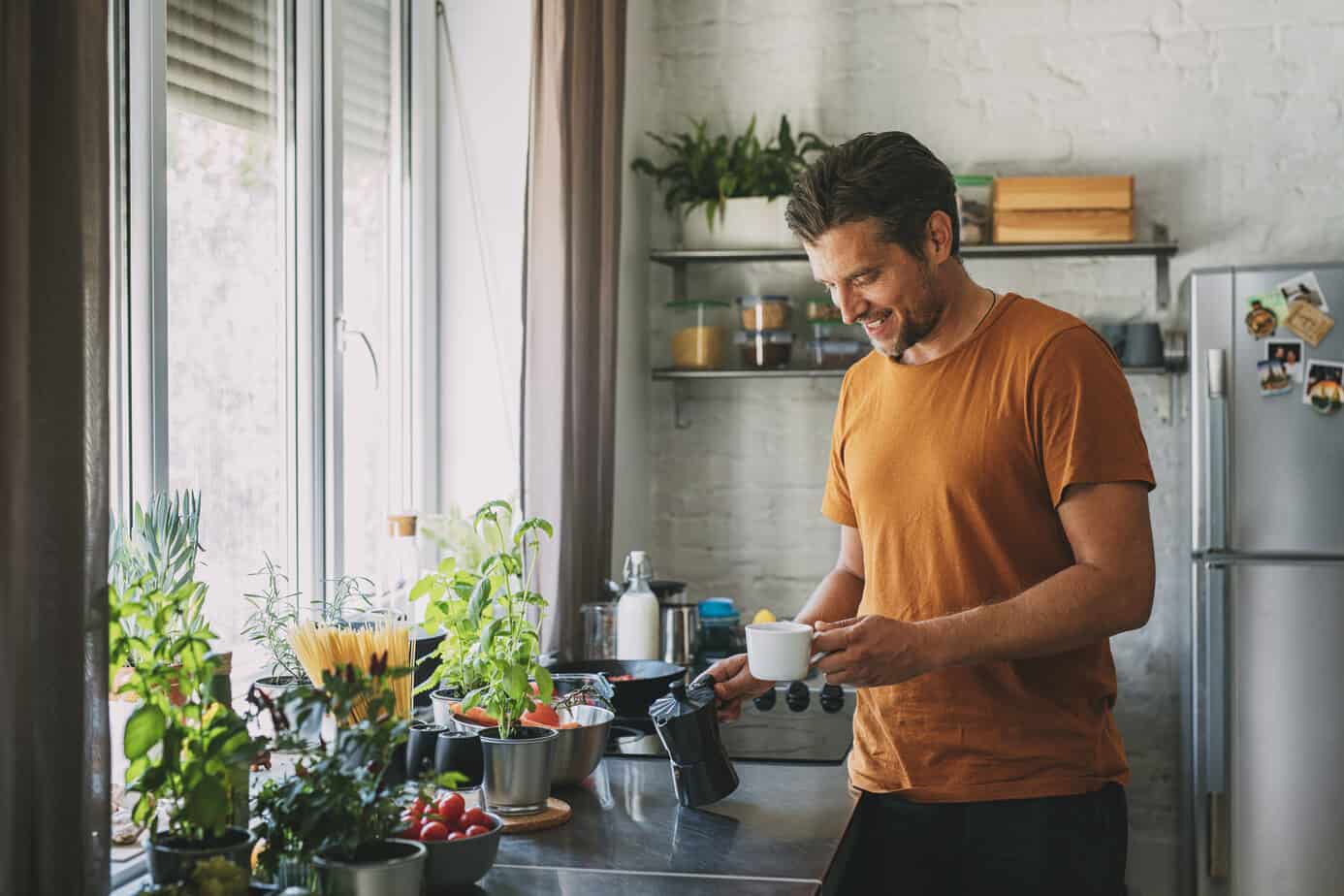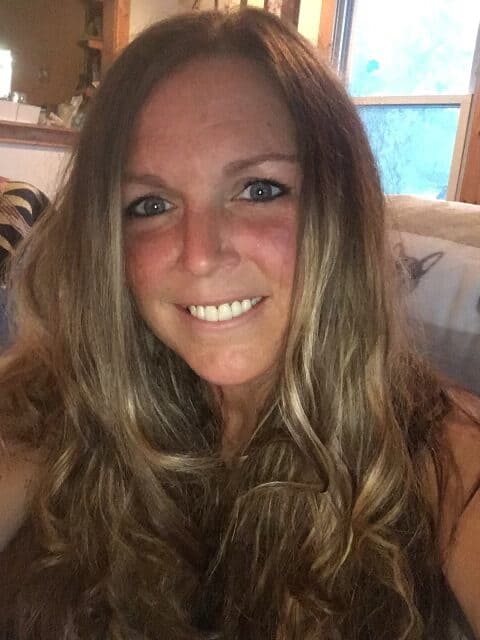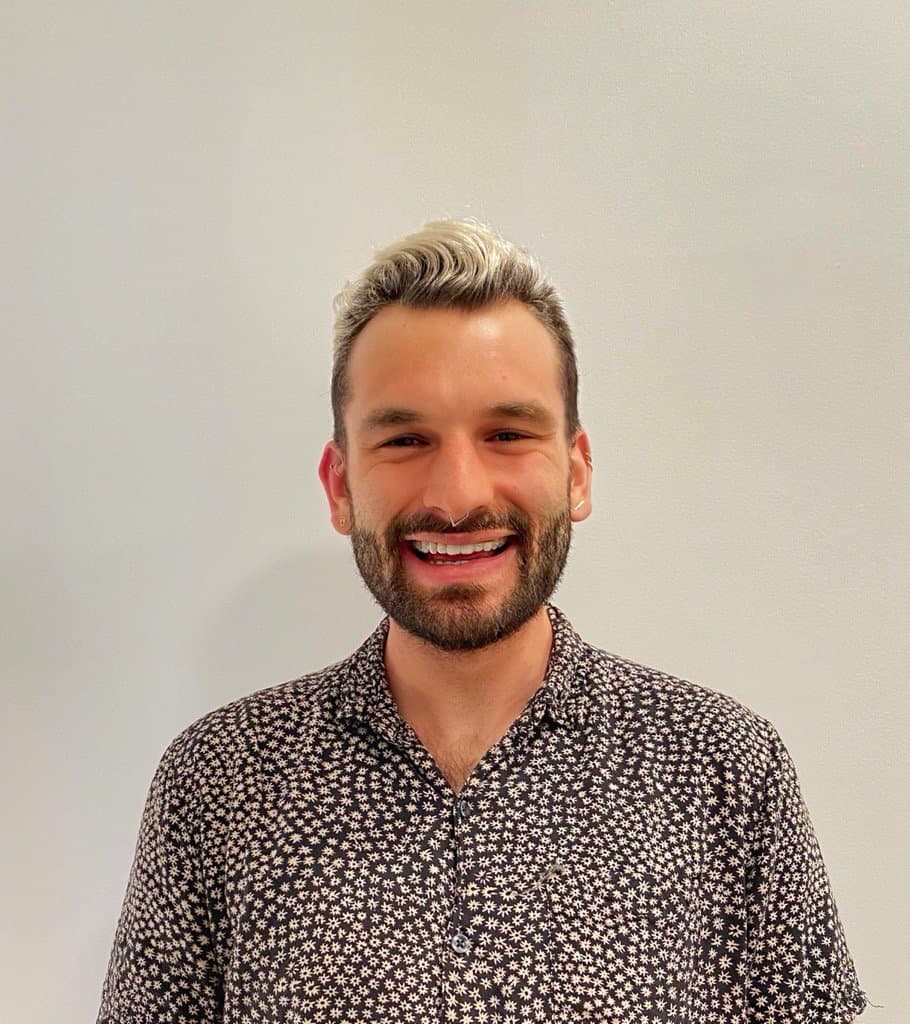- Sobriety Date: March 23, 2020
- Discovering himself
- College Student
- Dependable friend
- Music artist
Transcript
Atticus described substance use as a roller coaster. Each time he smoked weed or took pills, he wanted to challenge himself to go on the more intense ride. Eventually, it became too much and something had to change. Now, Atticus is going to college and hoping to give back to his community.
Well, I’m Atticus. I am in recovery for over three years now. I guess where it all started was I guess you would say middle school or I guess I was 13, maybe 12. I don’t even know. It’s hard to even think that far back. But like most people, it started very casual with you. Just go out with your friends and they’re like, let’s try this. We all kind of wanted to go and be rebellious little kids.
And I guess it kind of spiraled, but you know it, it started small. It was just like, this is something that I really like to do. This is my thing, right? This is awesome. I love the way I feel.
I remember the first time I even went out and smoked pot with my friends. It was just like that feeling where you’re almost flying in a way, you’re like floating around. It’s like, wow.
Why can’t this be life all the time, right? And that’s so, so addicting, at least for me.
Maybe it’s genetics. Whatever it is, I loved it and I wanted to do that all the time.
I wanted my entire life to be surrounded by that. Not instantly, but it was just that type of thing. Almost like a passion in a way that I had for it and it was looking back. It’s kinda it’s kind of almost like sickening to me to think about that. That’s something I was so passionate about. But yeah, I mean, and then for years to come, it was just my whole life surrounded by it. Just drugs.
What can I do? How can I get the highest?
I almost describe it as an amusement park. And every single time, you want to challenge yourself to go on the more scary roller coaster.
That looked like experimenting with different types of things, pills, psychedelics, all these things. And it’s like all this is fun. I went on this last roller coaster, it was super fun. Now check out this one. That was just kind of how it went.
Obviously, that whole thing surrounds every aspect of your life. And then it just starts to impact relationships you have with friends and family because it’s kind of unavoidable and then they catch on.
At that age, you’re still living with your parents and I was just I was just a wreck and I had such a lack of identity that there was really no way it was going to be hidden from my parents and my friends. This was such a huge aspect of my life and my parents were very concerned for a while because it was one thing that I was just a kid, like smoking weed with my friends.
But it was another thing when I was having huge manic episodes at home lashing out, going crazy. And then it was like, “Ohh so maybe it’s not just weed.” A couple of times they would catch me when I came home, like incapacitated, and they’d go through my bag or something. They’d find pills or scales.
And they’re like, oh, so it’s not just weed, it’s just taking pills. Maybe he’s selling them. Who knows. So they were so in the dark because I didn’t want to share any of this with them. People definitely reached out, but it’s like the people I was surrounding myself with were also having similar struggles. When you have this issue and someone else has the same issue —
Instead of getting help together, it’s a lot easier to just keep on doing this with the other person because it feels so much better when you’re not the only one going through it.
This makes it feel OK. It’s like co-soothing in a way. And that’s so dangerous because you’re just feeding off of each other’s addiction.
So at a certain point, my parents were like, this is out of control and he needs some help. They sent me to Wilderness in 2019 for the first time. This was in Utah, super hardcore. I remember I was so freaked out. I cannot do three months out here.
I guess one of my main skills is persuasion and I didn’t buy into that program at all.
I was just like, “How am I going to sell this to my parents that I’m ready to go back? I just wanted to get back and hang out with my friends. That was the only thing going on through my head when I was out there. I ended up writing a 20-page letter or something to my parents telling them that none of these things would happen again. All this crazy stuff. It sounded so good.
I remember later in my recovery feeling so terrible. And I just spewed 20 pages of BS and clearly, they were super moved by it too because they did pull me out of the program after five weeks. That’s when school was about to start. And they’re like, alright, we’re gonna give him another shot. Not knowing that I did not invest myself in the slightest bit into the program and I was basically going to say whatever I wanted, say whatever they wanted to hear, to get out of there.
Once I was home, I was in control again.
At this point, this is when it really got bad in terms of my addiction because I went right back to all my old habits. I started smoking weed. That was the first thing I did. And then about a week or two later, I mean, it was just pills, and let’s just ohh man, I gotta get back.
I got to keep trying these things. I forgot about this. That’s when the pills really started to become an issue with me. I cracked my phone one time. I got so mad and mind you, I’m completely sober but threw it at the wall.
I was going crazy and eventually with one of these things it got so bad that I was hospitalized. So yeah, I get out.
And I’m right back to school with my friends doing the same exact stuff. More attacks or manic episodes.
Then about right when March hits, when COVID hits we go upstate because that’s just, I guess, where it’s safest to be at the time. This is all kind of a blur at this point. My brain was super, I guess fried. I couldn’t handle upstate. I mean obviously I brought some drugs, but it didn’t last very long. And then I remember I was. I freaked out again and I was like you need to take me back to the city right now.
I’m losing it. Well, little did I know my parents had a little bit of a plan plotted for me. So my dad was like, OK, sure I’ll take you back. I remember waking up in such a relaxed, blurred state. And then I said and then obviously there’s the two, the two goons in my room.
I remember not even freaking out when they took me to wilderness. This time in North Carolina. I remember this was just brutal because I couldn’t accept that I was back here again. Like it got that bad? It was so tough to process that. Plus the detox period when I was there that first week was rough.
After a week, my brain was starting to get a little bit clearer was like, you know what, I’m really having problems with knowing exactly who I am as a person. And that’s normal to have that problem as a 15-year-old kid, it’s like who, who the hell knows who you are at 15 years old?
But the problem was I was doing these things because I was so scared of who I might be. These drugs gave me an identity of this person who I guess I wanted to be, but it wasn’t real.
I realized that I’m gonna do this program. I’m gonna invest myself, and I’m gonna really get to know myself. And I’m gonna learn to love myself in a way. So I did. I gave it a shot.
And I think that understanding who I was and why my brain was making me do these things was really the foundation of my whole recovery. It’s really just, that’s what did it for me. Is just like almost on a neurological level.
I could understand it and really think like I don’t want to be doing these things and I don’t want to be doing these things for those reasons. I just. I really didn’t like it at all and that was almost discussed for those motives, just really motivated. I need to create better motives and really listen to exactly what my brain is going to benefit from in the long run, not just the quick fix.
So that was great. You’ll never hear me talk poorly about the three months I spent in wilderness in North Carolina. I would recommend that for anybody in early recovery, it’s really a beautiful thing. I spent three months there and then I really was like I got it. I felt so good about it in the three months I felt so healthy. I was like, alright, I can come home.
Parents were like, no, no shot went to Utah RTC. I got to speak to my friends for the first time in a really long time. Certainly not the ones who I was getting into really bad stuff with. And I knew that those relationships were over, but my really close day-one friends I was able to talk to and they were so glad that I was doing OK and I was so worried that they were gonna really get on me.
My friends were so happy for me, and that felt like the world to me. That was the greatest feeling.
And I feel so lucky that I had friends who were accepting. I went to a boarding school in Connecticut, spent the summer there, made up some credits, and actually that’s where I met Rachel from Mountainside right as I was about to leave. I was like I gotta do another thing after. This sucks.
But what I didn’t realize is that it’s really not another program. It was more structured for me individually so that I could have someone in recovery to work with and have resources if needed. That was really great and I’ve been working with her for a while now. Geez, almost two years now, and it’s been great because I don’t have a lot of people in the recovery community, who I talked to.
I have a few. But especially going down to college was tough because then I had to get acclimated with the whole new scene. I go to school in New Orleans and that’s pretty insane. And having someone to call whenever kind of when needed to like help is the best.
I’m gonna avoid these certain things while also going out and having fun. I still like to do that. I like spending time with my friends.
But I know that there’s a lane I need to stay in, and it’s very helpful to have Mountainside, even from a long distance, to help me with that.
Yeah, I’m very grateful. I’m not sure if I would even be able to navigate these things without that. I mean, who’s to say? When we’re working together, it can even be on a day-to-day basis— if she notices I’m struggling with something, she’ll shoot me a text in the morning. Any given day of the week, just like checking in, which is really cool to have someone like that.
Other than that, when I come into the office, we work on a plan for the next six months. What’s going to be happening? What are some unexpected road bumps we could kind of anticipate happening and how are we going to get through it?
I think right when three years happened for me back in March, I was really thinking to myself. I can now use my skills to help other people. And I thought about picking up a sponsee, maybe something like that. Obviously, I’m pretty young and it’s I’m not exactly the model sponsored because I mean generally, you think of them as older people. At least I do. So I’ve been a little bit hesitant.
But I’m definitely interested in using what I’ve learned to help other people, maybe younger people who are maybe in the similar age range where I was having these issues because I really understand that struggle, and yeah, that’s really my next step.
It feels like yesterday when I was in no state to even listen to somebody and now I’m in the position where I’m going to be asking people to listen to me.
I think the advice that I would give to someone in early recovery would be to allow people to help you. There are always people out there who want to help you even dedicate their lives to helping people in the same position as you.
And it’s such a good thing it shouldn’t be frowned upon at all to go and ask for help because it’s not your fault at all. Once you understand that it’s really a disease, I think it allows you to forgive yourself in a way, but also understand that amends will need to be made. But that’s in the future and right now I need to focus on myself. There’s resources everywhere to go out and reach out to people.
And the main thing is you gotta want it. That’s what I tell people you really you gotta want it. You gotta go into these programs, these meetings and you really gotta be motivated to better yourself. And be committed to it.
And if you know that it’s going to be tough for you to find somebody to hold you accountable, that’s what’s so great about the NCAA community. There are people who want to hold you accountable. All you gotta do is just reach out one time. As tough as it may be with these things going on in your head. You’ll realize that there are so many people out there who dedicate their lives to helping you.

Want to be featured? If you are a Mountainside alumni interested in sharing your recovery story with us, please email kevin.doyle@mountainside.com
If you or a loved one is struggling with addiction, Mountainside can help.
Click here or call (888) 833-4676 to speak with one of our addiction treatment experts.

 By
By 







